#WeAreEmoryEPI: Interdisciplinary EPI
Category : #WeAreEmoryEPI
Welcome back to #WeAreEmoryEPI! This week, we heard from first year MPH student Carson Bohl and second year EH-EPI student Seana Cleary to learn about their interdisciplinary interests within epidemiology!
Tell us about your academic history/where you went to school.
Carson: I went to Emory University for undergrad and studied psychology and human health.
Seana: Prior to coming to Rollins, I earned my B.S. in Biology & Public Health from The College of New Jersey in 2022.
What are your primary research interests, and how do you feel they intersect across multiple disciplines?
Carson: My primary interests lie in improving adolescent mental health through the development, implementation, and evaluation of structural/systems-level interventions in schools, workplaces, and the criminal justice system. This implementation science approach is inherently interdisciplinary because it relies on: 1) descriptive epidemiology and qualitative feedback to determine community needs and strengths and to develop culturally-tailored programs, and 2) analytic and methodological design considerations to evaluate the effectiveness, scalability, and generalizability of program implementation.
Seana: My main research interests lie within One Health, which focuses on the interconnectedness of human, animal, and environmental health. My experiences in this field have allowed me to develop and use skills in ecology, epidemiology, data analysis, health communication, and more.
How have you been able to explore your interdisciplinary interests?
Carson: For my APE and thesis, I am working in the context of school-based mental health grants to conduct community needs assessments, implement a multi-tiered trauma-informed intervention, and evaluate implementation effectiveness and sustainability. We are directly engaged with community stakeholders and will be addressing mental health disparities among LGBTQI+ students and students with disabilities.
Seana: At Rollins, my APE and thesis focused on data management and predictors of mosquito-borne illnesses in children in Mexico. I also worked on community-engaged research with a cohort of people exposed to polybrominated biphenyls in Michigan and currently work with CDC’s One Health Office as a Surveillance and Epidemiology Intern.
Is there a class you’ve taken at Rollins where you feel you’ve been able to explore your interests in multiple areas?
Carson: HPM592: Case Studies in Public Mental Health. This course focuses on a wide array of mental health case studies and students have the opportunity to develop interventions on the individual, health systems, and policy-levels. It incorporates descriptive epidemiology, behavioral and social sciences, and health policy and management.
Seana: EHS 750: Environmental Determinants of Infectious Disease has been such a great opportunity to explore some of my passions! I also highly recommend EPI 563: Spatial Epidemiology, DATA 550: Data Science Toolkit, and any coding class. You learn incredibly valuable programming skills in these classes, and professors let you choose what data you use in projects throughout the course.
What is your favorite part about earning your MPH at Emory?
Carson: I enjoy talking to students and professors about their public health interests and passions. Progress in public health requires creative collaboration and it’s important to critique current practices in the field to advance it forward.
Seana: So many of the friends, faculty, and staff I’ve met here embody sunshine. I’ll carry the support system I’ve built with me forever.
When applying, what were you looking for in a public health school, and what factors drove you to pick Rollins?
Carson: I was looking for a student-centered environment with opportunities to engage with the local community. I chose Rollins because staff and faculty seemed to genuinely care about the student experience.
Seana: My three requirements for my graduate school were: 1) students had to be genuinely happy, 2) faculty had to be committed to student growth and learning, and 3) the surrounding area had to have opportunities for me to grow professionally. Rollins hit all 3. A scholarship and a visit to campus made the choice so obvious to me, and I have never once regretted my decision.
What advice do you have for people who may be interested in getting their MPH?
Carson: Prepare yourself for the irony and dissonance that is inevitable when studying public health at an academic institution and then build a community of people who share your values.
Seana: Connect with students, alumni, and faculty, and ask about their journey. You’ll find that almost everyone has a place in public health, no matter their background.
What are three fun facts that you want people to know about you?
Carson:
- I am originally from Seattle
- I love to read and write poetry
- I am passionate about the role of schools in public health
Seana:
- I’ve fostered 12 kittens
- I spent a summer collecting ticks (and loved it)
- I recently ran my first half marathon!
How have you been spending your free time?
Seana: Finding good coffee shops. Send your best chai recommendations!
What is one place that you would recommend people to visit?
Seana: A bit far, but you need to visit the Naughty Cat Café in Chattanooga, TN. Such a cool org with the sweetest cats ever.
Do you have a Twitter/Instagram/Other that you’d like us to plug?
Carson: Instagram — @Carson.bohl
Seana: Email — seana [dot] cleary [at] emory [dot] edu
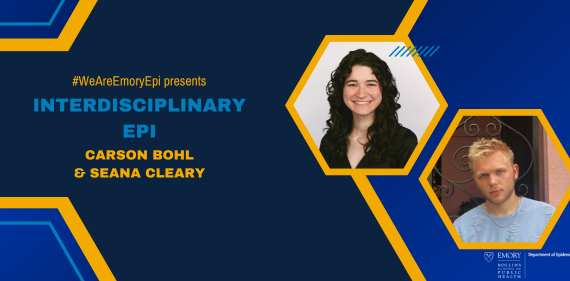
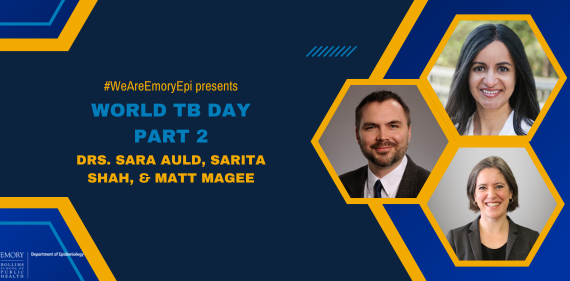
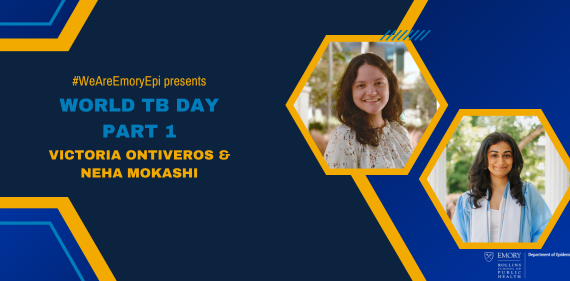
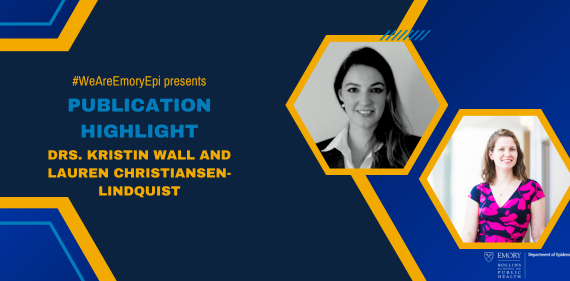

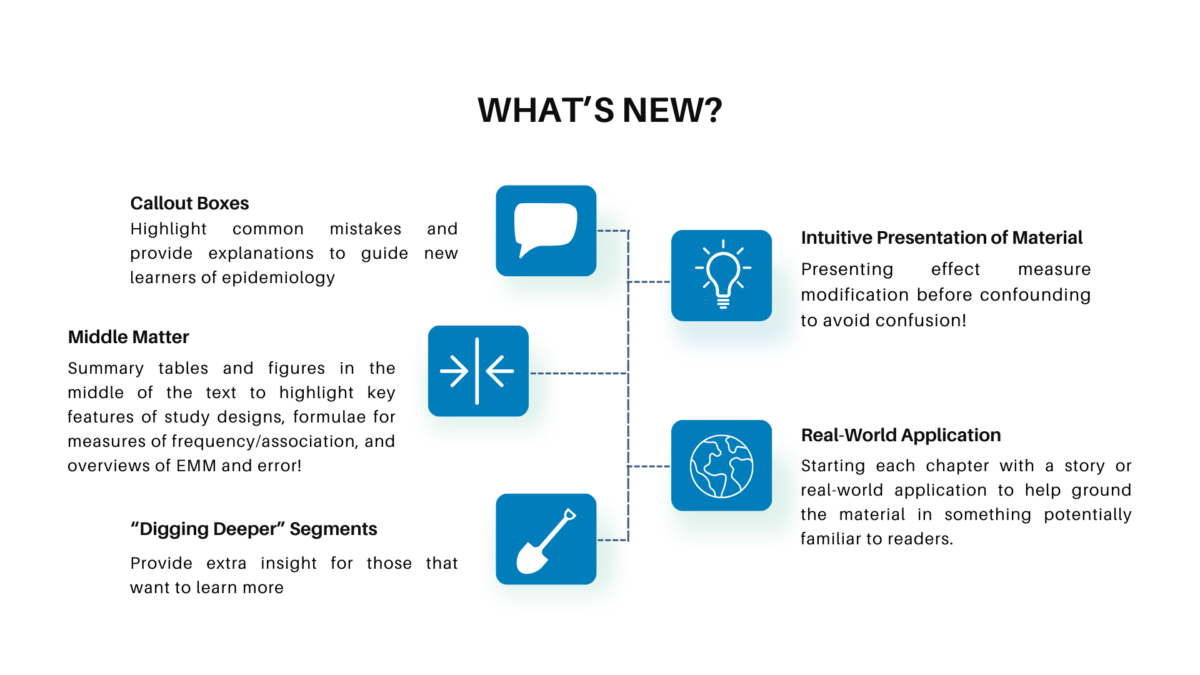
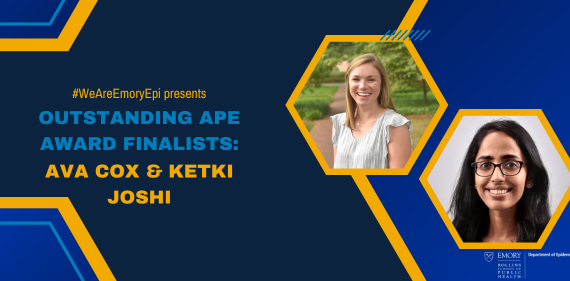
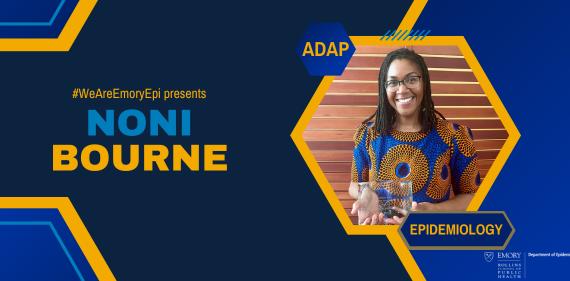
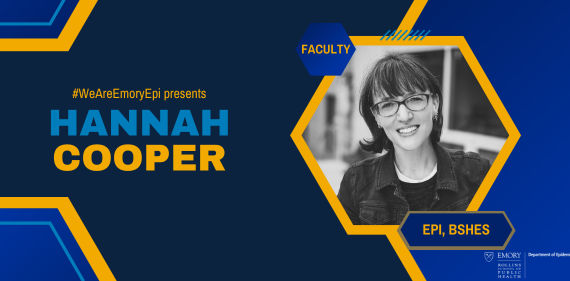
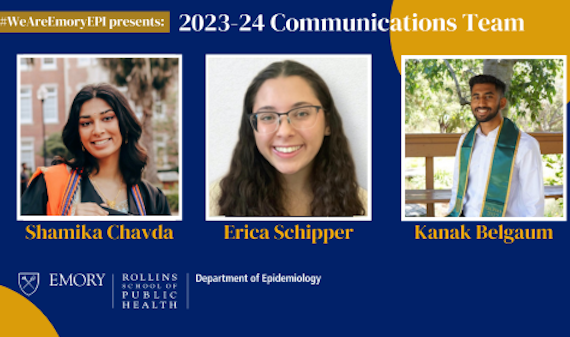
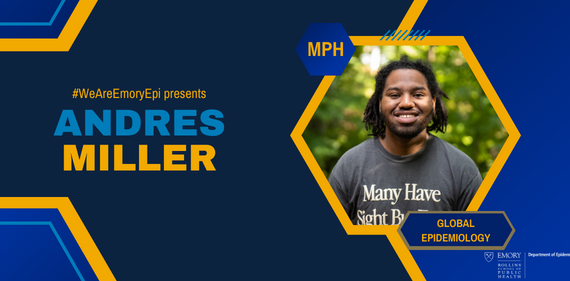
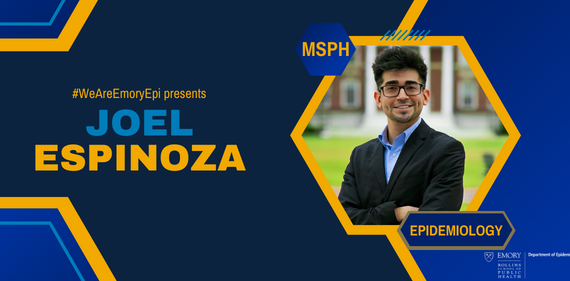
Recent Comments